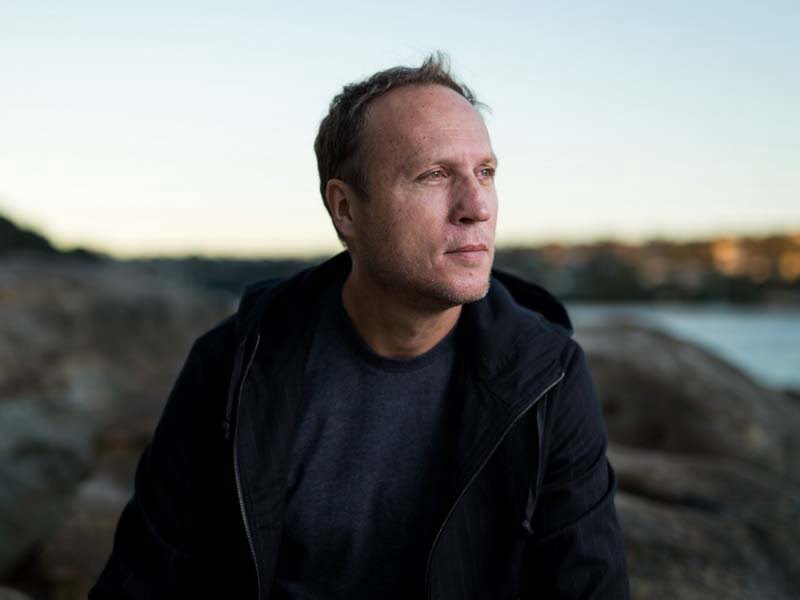There are growing calls for the federal government to standardise the way it defines a startup for its grants and support programs, after it announced a new “startup authority” as part of a new skilled visa scheme.
The “startup authority” is set to be the fourth different mechanism that the federal government uses to determine whether a company is eligible for a range of grants, visas and tax breaks on offer to Australian startups.
As part of the startup stream of the Global Talent Scheme, announced earlier this week, a “startup authority” will decide what companies are eligible to offer the new visa for highly-skilled overseas workers.

The startup authority, which will offer endorsements of companies, will be formed out of consultations with the industry in the coming months, the government has said.
It will be at least the fourth different way the government defines a startup as part of a range of different support programs and grant schemes, and many in the tech community are now calling for standardisation and a blanket definition to apply to all government schemes.
BlueChilli founder Sebastien Eckersley-Maslin said the government needs to pick one of the definitions to be used for all programs.
“I hope the government will leverage the existing early-stage innovation company definition for a startup so there’s only one hoop for funded startups to go through. Right now the government has three different ways of determining what is a startup. It would make sense to adopt one of these to qualify to reduce the administration on the government side and the effort on the startup side,” Mr Eckersley-Maslin told InnovationAus.com.
The government’s three current definitions for a startup are based around market value and turnover, a principles-based test and the type of industry it is operating in.
For the Employee Share Scheme startup concession, an eligible company must not be listed, have been incorporated for less than 10 years and have an aggregated annual turnover of less than $50 million.
To be defined as an early-stage innovation company and be eligible for startup investor incentives, a company must have total expenses of less than $1 million in the last financial year and assessable income of less than $200,000.
It must also pass either the 100-point innovation test or the principles-based innovation test. The points-based approach involves gaining points for different tests, including R&D spend, undergoing an accelerator program and owning a patent.
The principles-based test has five requirements: the company is genuinely focused on developing new innovations, has high growth potential, has scale-up potential, addresses a broad market and has a competitive advantage.
Under the ESVCLP scheme, a startup must be in an early-stage of development, have total assets of less than $50 million and must not be operating in the property development, land ownership, insurance or construction industries.
The “startup authority” will now be the fourth way that an Australian government must prove itself to government. StartupAUS CEO Alex McCauley said the new body is about using expertise to ensure only genuine startups have access to the new visas.
“It’s the government saying that they want to work with industry on this and they don’t necessarily know what a startup looks like sitting in Canberra, and don’t necessarily have the best expertise for making that assessment. It’s important for the industry to take on board the responsibility for making this thing work,” Mr McCauley told InnovationAus.com.
“The biggest risk for the government around visas is that if they start lots of visas across the economy, then they’ll be rorted. We need to help focus attention on genuine startups looking to hire talented people around the world.”
Along with an endorsement from the authority, a startup must also offer a salary of at least $53,900 for the position and be operating in a STEM-related field.
The Opposition has said it is concerned about the lack of details included in this announcement.
“Labor awaits the detail of how the startup authority will work. This policy, like all of Turnbull’s policies, seems rushed and light on details,” shadow innovation minister Kim Carr told InnovationAus.com.
It’s currently unclear how much funding will be provided to the startup body, which will begin operations at the start of the next financial year.
Angel investor and M8 Ventures founder Alan Jones said the new startup authority is concerning.
“I don’t have much faith in the government’s ability to design roles which might recruit the right people to run a startup authority. The incentives to do nearly anything else in the startup industry are so massive, and the government would presumably cop a shellacking from the media if they spent a lot of money on setting up a startup authority,” Mr Jones said.
Instead, Mr Jones said the government should use Australia’s accelerator programs to vett potential startups.
“If a startup has been good enough to be accepted into an accredited accelerator, has been good enough to graduate from it, and has been good enough to raise a seed round off the back of that, then perhaps that’s enough external validation to merit access to the visa program,” he said.
“Then the startup authority could be smaller, leaner and faster-moving as it would only need to be assessing the performance of the accelerator programs, not the thousands of startups which might apply for a visa each year once this kicks off.”
Do you know more? Contact James Riley via Email.

